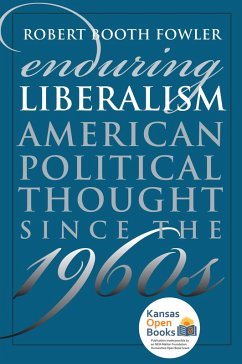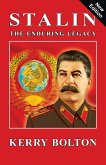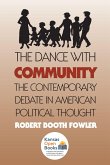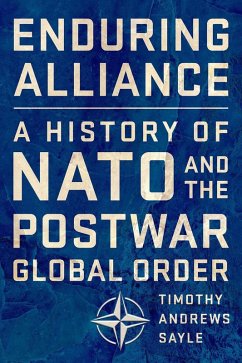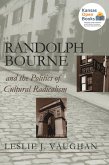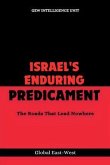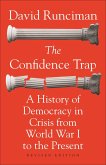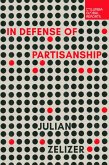Has the United States become more pluribus than unum? In terms of the nation's political beliefs, Robert Booth Fowler answers both yes and no. While his study affirms significant diversity among an elite cadre of public intellectuals, it vigorously denies it in a general public that collectively adheres to the same set of liberal core values.
Enduring Liberalism pursues two objectives. One, it explores the political thought of public intellectuals and the general public since the 1960s. Two, it assesses contemporary and classic interpretations of American political thought in light of the study's findings.
Fowler interprets the writings of public intellectuals like Robert Bellah, Jean Bethke Elshtain, Michael Walzer, William Bennett, Seymour Martin Lipset, William Galston, and others, as well as survey data of American political attitudes, to spotlight this oft-ignored divide between citizens and high-profile commentators, whose contentious debates are mistakenly assumed to reflect countrywide rifts.
Fowler's argument is straightforward, but the interpretation is controversial. He recounts how the consensus liberal view in post-World War II American political thought collapsed among public intellectuals during the tumult of the 1960s and remains so to this day. His book examines the resultant diversity among contemporary public intellectuals, focusing on three predominant themes: concern for community, worry about the environment, and interest in civil society. In marked contrast to these disputatious commentators, Fowler finds the realm of popular opinion to be characterized by much greater consensus. Indeed, there seems to be a trend toward an even more general embrace of the liberal values that characterize our attitudes toward the individual, individual liberty, political equality, economic opportunity, and consent of the governed. Liberal values-above all the celebration of the individual and individual rights-have revolutionized the so-called private realms of life like family and religious communities to an extent unimagined in the 1950s.
From these conclusions, Fowler demonstrates that most interpretations of American political thinking have exaggerated the extent of conflict and diversity in our nation's often raucous policy disputes. But he also cautions us not to overstate the public's widely shared liberal values and, by doing so, miss opportunities to facilitate problem solving or to recognize the ways in which our reform efforts may be constrained.
Open access edition funded by the National Endowment for Humanities and the Andrew W. Mellon Foundation Humanities Open Book Program.
Enduring Liberalism pursues two objectives. One, it explores the political thought of public intellectuals and the general public since the 1960s. Two, it assesses contemporary and classic interpretations of American political thought in light of the study's findings.
Fowler interprets the writings of public intellectuals like Robert Bellah, Jean Bethke Elshtain, Michael Walzer, William Bennett, Seymour Martin Lipset, William Galston, and others, as well as survey data of American political attitudes, to spotlight this oft-ignored divide between citizens and high-profile commentators, whose contentious debates are mistakenly assumed to reflect countrywide rifts.
Fowler's argument is straightforward, but the interpretation is controversial. He recounts how the consensus liberal view in post-World War II American political thought collapsed among public intellectuals during the tumult of the 1960s and remains so to this day. His book examines the resultant diversity among contemporary public intellectuals, focusing on three predominant themes: concern for community, worry about the environment, and interest in civil society. In marked contrast to these disputatious commentators, Fowler finds the realm of popular opinion to be characterized by much greater consensus. Indeed, there seems to be a trend toward an even more general embrace of the liberal values that characterize our attitudes toward the individual, individual liberty, political equality, economic opportunity, and consent of the governed. Liberal values-above all the celebration of the individual and individual rights-have revolutionized the so-called private realms of life like family and religious communities to an extent unimagined in the 1950s.
From these conclusions, Fowler demonstrates that most interpretations of American political thinking have exaggerated the extent of conflict and diversity in our nation's often raucous policy disputes. But he also cautions us not to overstate the public's widely shared liberal values and, by doing so, miss opportunities to facilitate problem solving or to recognize the ways in which our reform efforts may be constrained.
Open access edition funded by the National Endowment for Humanities and the Andrew W. Mellon Foundation Humanities Open Book Program.
Dieser Download kann aus rechtlichen Gründen nur mit Rechnungsadresse in A, D ausgeliefert werden.

